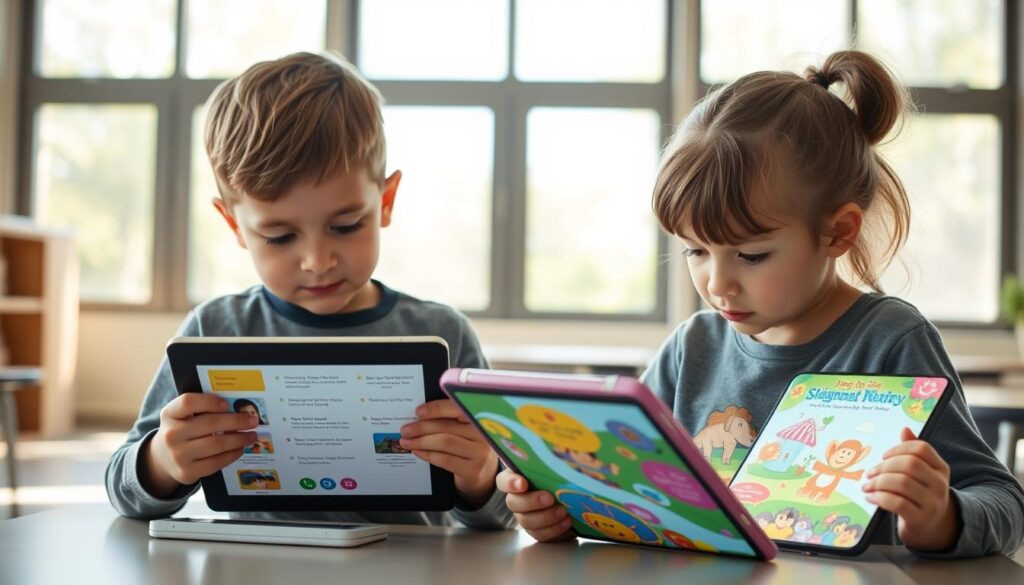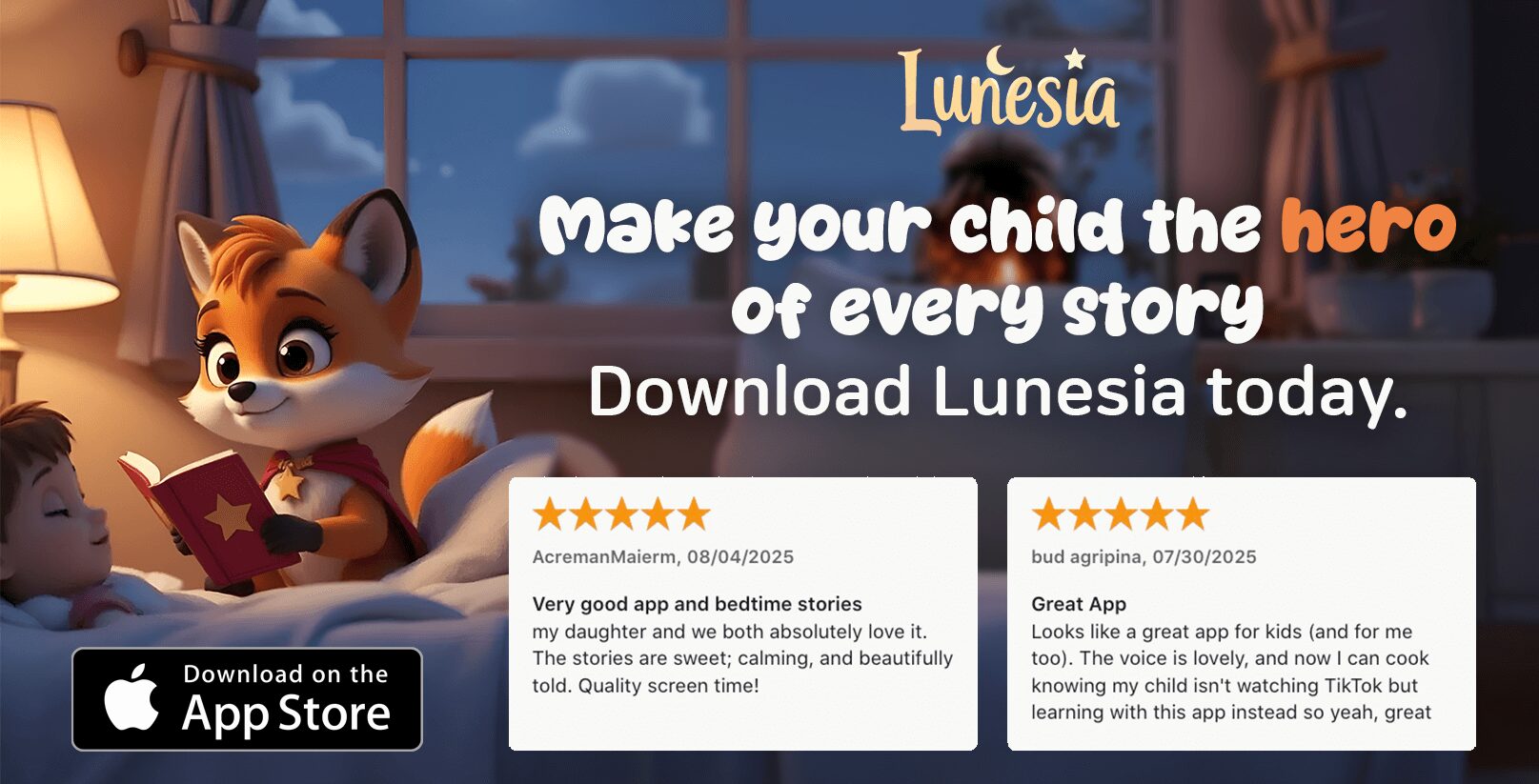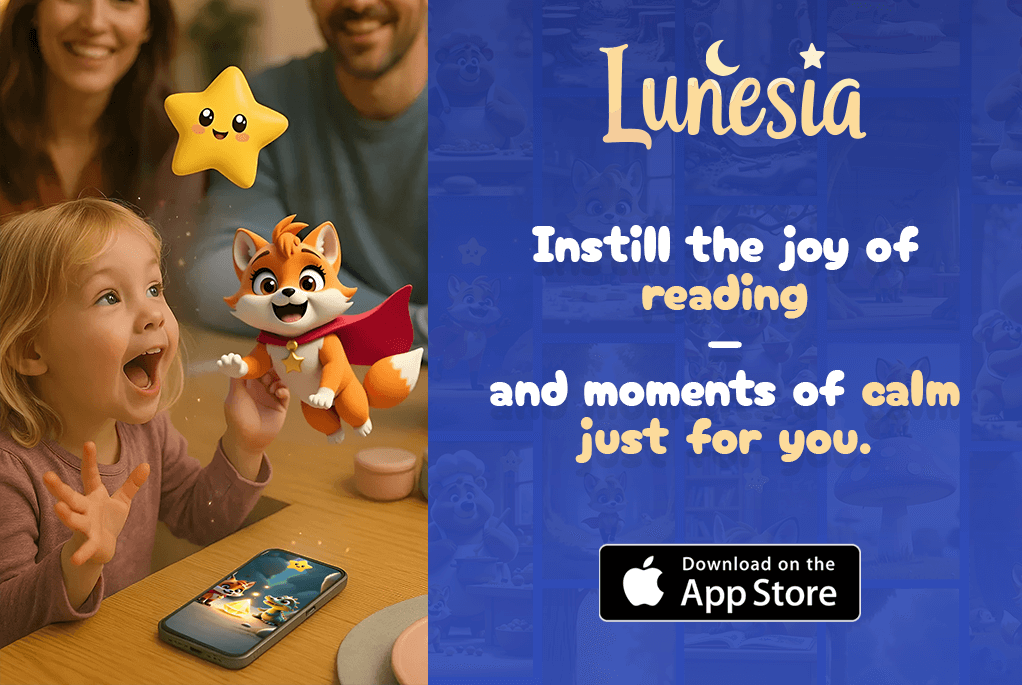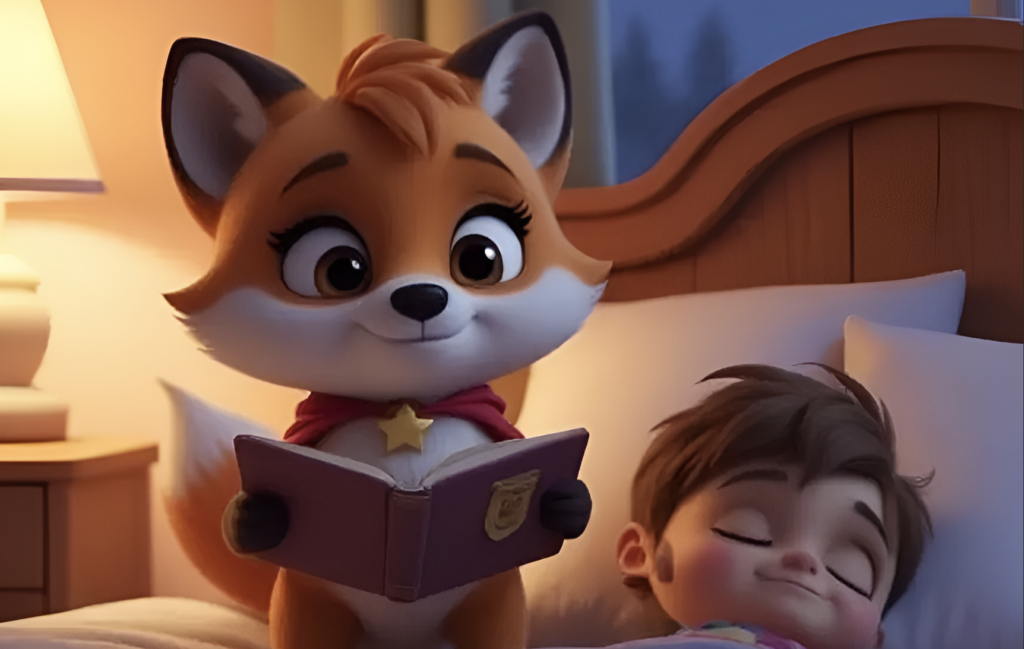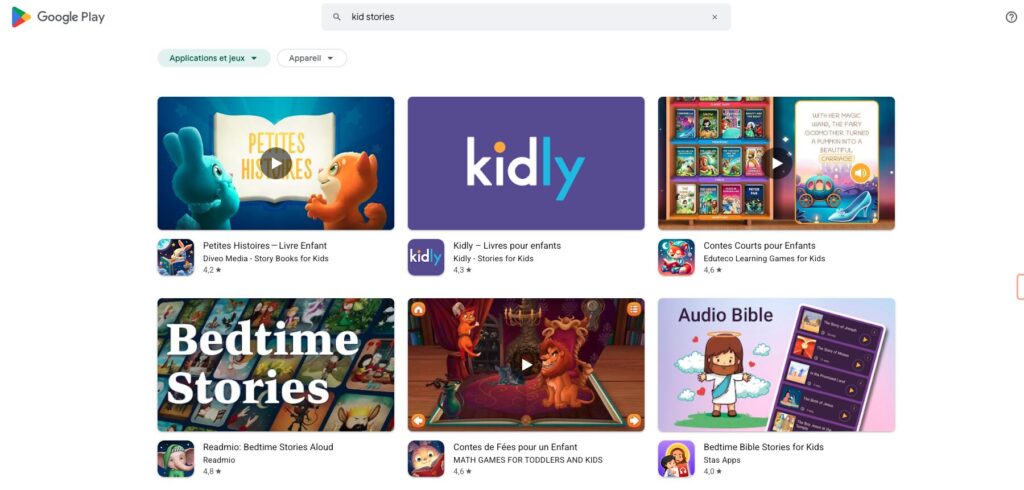As a parent, I’ve seen how kids can be captivated by educational apps on their devices. The challenge lies in finding the right balance between allowing them to enjoy their screen time and ensuring they’re learning valuable skills.
With so many educational platforms available, it can be overwhelming to choose the one that best suits your child‘s needs. That’s why I’m here to help you compare two popular options: Lunesia and ABCmouse.
In this article, we’ll explore the differences between Lunesia’s interactive storytelling approach and ABCmouse’s comprehensive curriculum, helping you decide which one is the best fit for your child‘s learning style and interests.
By examining factors like age appropriateness, curriculum depth, and engagement strategies, you’ll be able to make an informed decision about which platform is the best investment for your family.
Understanding Educational Apps for Children
As a parent, you’re likely no stranger to the vast array of educational apps available for your child. With so many options, it’s essential to understand the role these apps play in your child’s learning journey.
The Growing Importance of Educational Technology
Educational technology has become increasingly important in today’s digital age. Apps designed for kids offer a range of learning opportunities that can be both engaging and educational. According to experts, the key is to strike a balance between screen time and other activities that promote overall development.
Balancing Screen Time with Educational Value
Dr. Frank recommends that parents set limits on screen time to ensure kids have a balanced life. “Moderation is key: Think of screen time as dessert, not the main course,” he advises. By being mindful of the content and setting parental controls, parents can help their child navigate the digital world effectively. Quality matters more than quantity when it comes to screen time, with apps that offer purposeful educational design providing more benefit than passive consumption.
Some key considerations for parents include limiting screen time to 1-2 hours per day for children over two years old, as suggested by the American Academy of Pediatrics. It’s also crucial to evaluate educational apps based on their ability to engage kids in active learning rather than mere entertainment. Both Lunesia and ABCmouse are designed to maximize educational value during screen time, but they take different approaches to balancing entertainment with learning objectives.
Lunesia vs ABCmouse: Platform Overview
In the realm of educational technology, Lunesia and ABCmouse are two prominent players. As a parent, choosing the right platform for your child’s educational needs can be a daunting task.
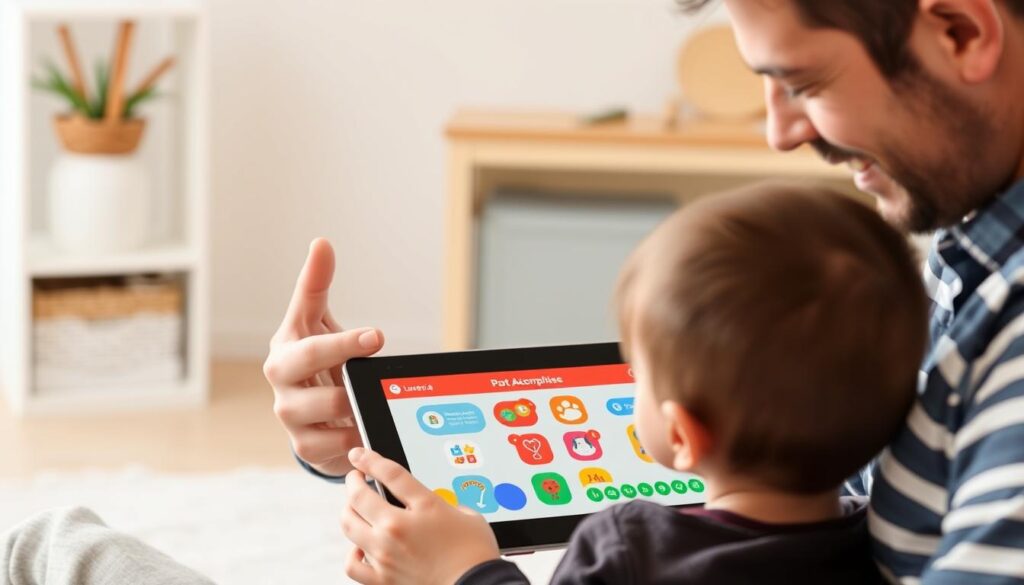
Lunesia: Interactive Storytelling Approach
Lunesia adopts an interactive storytelling approach, engaging kids through immersive narratives that foster a love for learning. This method is designed to be both entertaining and educational, making it suitable for young learners.
By leveraging interactive stories, Lunesia aims to develop critical thinking and problem-solving skills in children. The platform is designed to be intuitive, allowing kids to navigate through stories that adapt to their learning pace.
ABCmouse: Comprehensive Curriculum Design
ABCmouse, on the other hand, offers a comprehensive curriculum designed by education experts. It covers a wide range of subjects including reading, math, science, art, and music for children aged 2-8.
The platform structures learning through a step-by-step Learning Path that guides children through over 10,000 learning activities. This approach ensures a systematic progression in learning, preparing kids for academic success in kindergarten and beyond.
ABCmouse includes a variety of activity types such as games, puzzles, books, and art activities, keeping kids engaged while building their skills. With a clear focus on educational objectives and regular progress assessment, ABCmouse provides a structured learning environment.
Content and Curriculum Comparison
The effectiveness of educational apps hinges on their content and curriculum design, which is where Lunesia and ABCmouse differ. Understanding these differences is crucial for parents seeking the best educational platform for their kids.
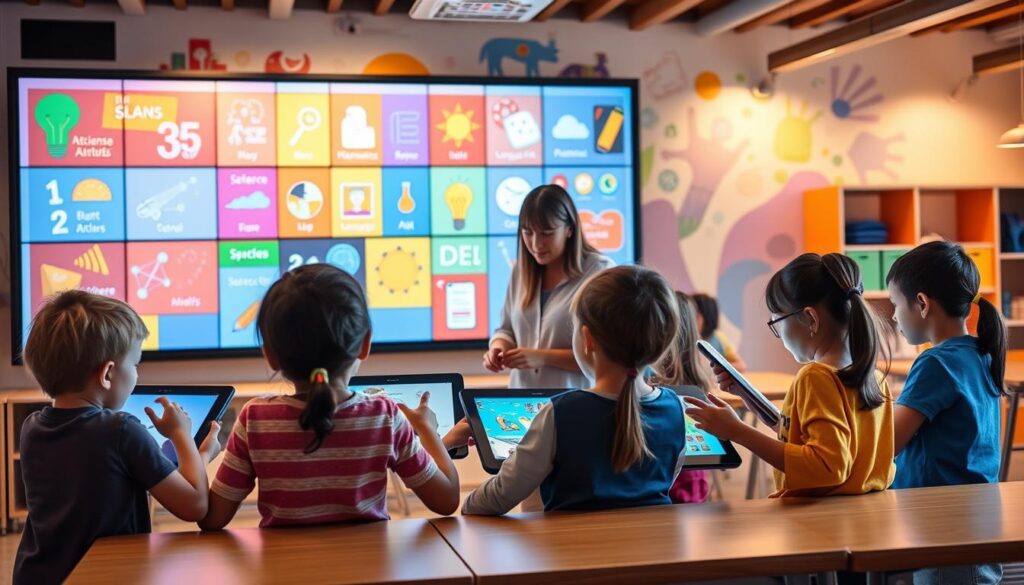
Lunesia’s Learning Philosophy and Content Structure
Lunesia focuses on interactive storytelling as its core learning philosophy. This approach engages kids in a narrative that incorporates various educational elements. By doing so, Lunesia aims to develop a range of skills in children, from language and comprehension to problem-solving. The content is structured around stories that are both entertaining and educational, making learning a fun experience for kids.
Lunesia’s content structure is designed to be flexible, allowing children to explore different stories and activities at their own pace. This flexibility is beneficial for kids who may have different learning speeds or interests. However, the depth and breadth of Lunesia’s curriculum compared to more comprehensive platforms like ABCmouse need to be considered.
ABCmouse’s Learning Path and Educational Framework
ABCmouse structures its content through a comprehensive Learning Path that guides children through more than 850 lessons across 10 levels of increasing difficulty. The curriculum is systematically organized by subject area, including reading, math, science, social studies, art, and music, with clear learning objectives for each activity. This structured approach ensures that kids progress through a well-rounded educational framework.
- The platform uses a reward system where children earn tickets for completing activities, which can be used to purchase virtual items—creating extrinsic motivation for learning.
- Each level in ABCmouse builds upon previous knowledge, creating a scaffolded learning experience that ensures children master foundational skills before advancing to more complex concepts.
ABCmouse’s educational framework is designed by educators and aligns with early learning standards, with regular assessments built into the learning path to track progress. This comprehensive approach makes ABCmouse a robust educational tool for kids, offering a wide range of activities that cater to different learning needs and skills.
User Experience and Interface
When it comes to educational apps for kids, the user experience is just as important as the content itself. A well-designed interface can make learning fun and engaging, while a poorly designed one can lead to frustration and disengagement.
Navigating Lunesia’s Platform
Lunesia’s platform is designed to be intuitive and easy to navigate, even for young children. The app features a clean and simple interface that allows kids to explore different activities and games with ease. By providing a seamless user experience, Lunesia enables children to focus on learning without unnecessary distractions.
ABCmouse’s User Interface and Accessibility
ABCmouse is known for its user-friendly interface that caters to children as young as preschool age. The platform features a classroom-inspired environment with clear navigation options, making it easy for kids to find specific types of activities. The virtual classroom, zoo, and farm environments provide a engaging way for children to discover different categories of learning content.
| Feature | Lunesia | ABCmouse |
|---|---|---|
| Interface Design | Simple and intuitive | Classroom-inspired environment |
| Navigation | Easy to explore | Clear navigation options |
| Accessibility | Accessible across devices | Consistent experience across platforms |
Both Lunesia and ABCmouse prioritize user experience, ensuring that their platforms are accessible and enjoyable for kids. By providing a positive user experience, these educational apps can help children develop a love for learning that lasts a lifetime.
Age Appropriateness and Adaptability
Choosing the right educational platform for your child depends significantly on its adaptability to their age and skill level. As parents, we’re constantly looking for tools that can grow with our children, providing them with the right challenges and learning opportunities at each stage of their development.
Lunesia’s Target Age Groups and Skill Levels
Lunesia is designed with a focus on interactive storytelling, which can be beneficial for young kids who are just beginning to explore the world of digital learning. While specific age ranges are not strictly defined, Lunesia’s adaptability allows it to cater to a variety of skill levels, making it a versatile tool for early childhood education.
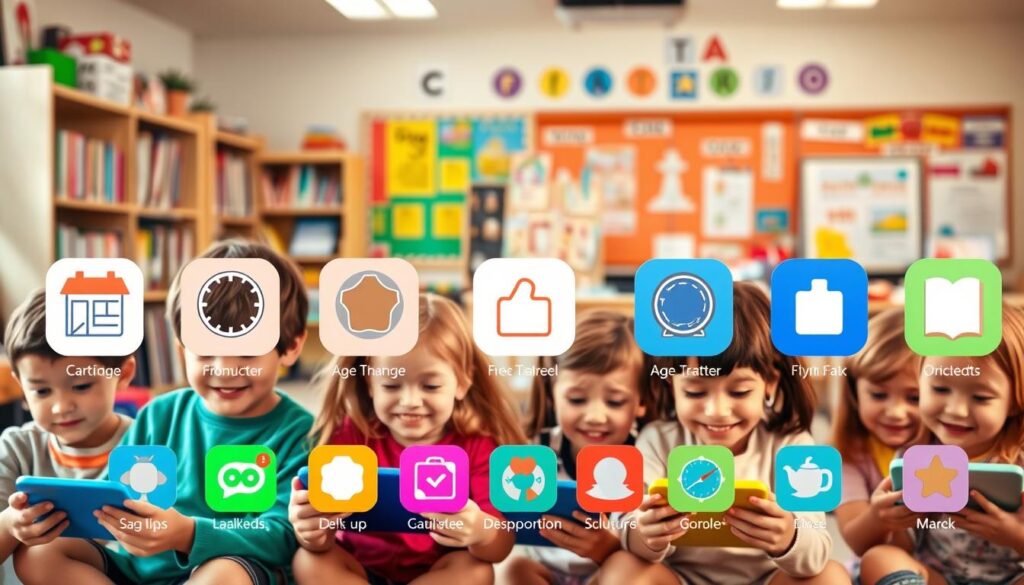
ABCmouse’s Age Range and Progressive Learning
ABCmouse is specifically designed for children ages 2-8, with a curriculum that progresses from basic concepts suitable for toddlers to more advanced content for early elementary students. The platform’s Learning Path is segmented by age and developmental stage, ensuring that children are presented with material that’s appropriate for their academic expectations. For instance, ABCmouse starts with simple activities for younger kids and gradually introduces more complex learning tasks as they progress through the levels.
The structured approach of ABCmouse means that while it may not be as adaptive as some other platforms within each level, it provides a comprehensive coverage of educational standards for kids across different ages. This makes it a reliable choice for parents seeking a curriculum that aligns with their child’s learning needs and age.
Pricing and Value Comparison
When considering educational apps for kids, understanding the pricing and value is crucial. As a parent, you’re not just investing in a product; you’re investing in your child’s future.
Let’s dive into the pricing models of Lunesia and ABCmouse to determine which offers the best value for your family.
Lunesia’s Subscription Options and Features
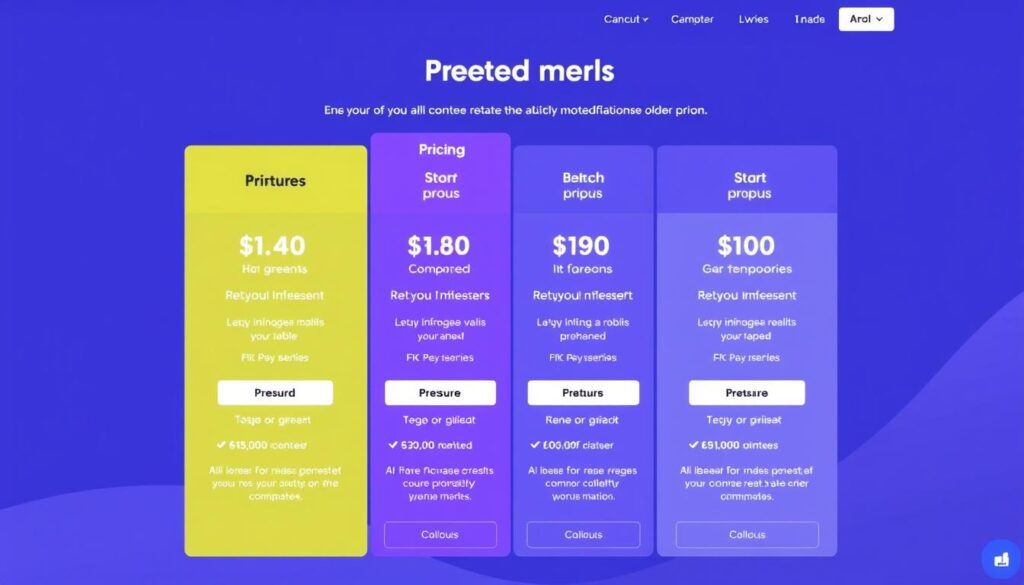
Lunesia offers a straightforward subscription model designed to be affordable for families. While the exact pricing isn’t detailed here, Lunesia’s approach focuses on providing value through interactive storytelling. This method not only engages kids but also ensures they’re learning through a fun, game-like experience.
By tailoring its content to specific age groups and skill levels, Lunesia ensures that your child is always challenged and engaged.
ABCmouse’s Pricing Structure and Free Trial
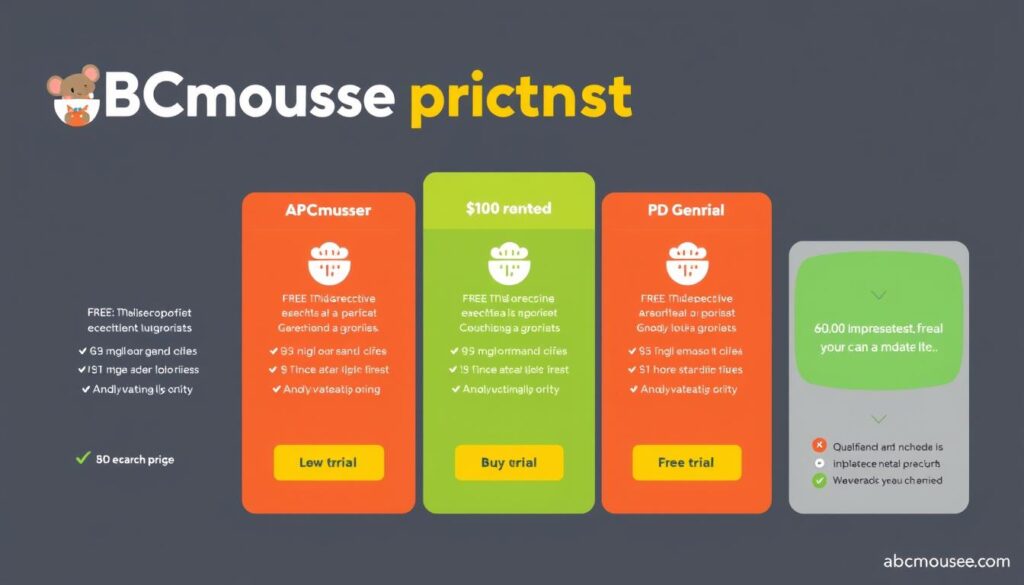
ABCmouse is priced at $12.99 per month, with discounts available for annual subscriptions. This comprehensive curriculum includes over 10,000 learning activities, making it a valuable resource for kids. A 30-day free trial is available, allowing families to test the platform before committing.
One of the key benefits of ABCmouse is its ability to support up to three child profiles under a single subscription, making it a cost-effective option for families with multiple children.
Conclusion: Choosing the Right Platform for Your Child
The decision between Lunesia and ABCmouse ultimately comes down to understanding your child’s learning style and preferences. When choosing between these two educational apps, consider how your child learns best.
Children who thrive with structured learning may prefer ABCmouse, while those who learn better through exploration might engage more with Lunesia’s interactive storytelling approach. For younger children (ages 2-4), ABCmouse’s clear structure may provide a helpful introduction to educational content.
On the other hand, Lunesia’s adaptive storytelling might be more engaging for children ages 5-8. It’s essential for parents to consider starting with the free trial periods for both platforms to observe which one captures their child’s interest and maintains their engagement over time.
The best educational platform is ultimately the one your child will use consistently. Prioritize your child’s enjoyment and engagement over specific features or curriculum comprehensiveness. Some families may find value in using both platforms for different purposes.
Whichever platform you choose, remember that educational apps are most effective when complemented by real-world experiences, conversations, and parent involvement in the learning process. By making an informed decision, you can provide your child with a valuable learning experience that supports their educational journey.
FAQ
What type of content can I expect from educational apps like Lunesia and ABCmouse?
Both platforms offer a range of educational content, including interactive stories, math, reading, and science activities designed for young kids. Lunesia focuses on interactive storytelling, while ABCmouse provides a comprehensive curriculum with a variety of subjects and activities.
Are these apps suitable for my child’s age group?
Yes, both Lunesia and ABCmouse cater to different age groups. Lunesia is designed for young kids, while ABCmouse offers content for children from preschool to early elementary school. Be sure to check the specific age range for each platform to ensure it’s suitable for your child.
How do these apps adapt to my child’s learning pace?
ABCmouse is known for its progressive learning approach, adjusting the difficulty level based on your child’s performance. Lunesia, on the other hand, uses interactive storytelling to engage kids, but may not offer the same level of adaptability as ABCmouse.
Can I try these apps before committing to a subscription?
Yes, ABCmouse offers a free trial, allowing you to explore their content and features before deciding on a subscription. Lunesia may also offer a trial or demo, so it’s worth checking their website for more information.
How do I ensure my child is using these apps in a healthy and balanced way?
To maintain a healthy balance, set limits on screen time, and ensure your child is engaging with a variety of activities beyond the app, such as reading, outdoor play, and socializing. Both Lunesia and ABCmouse can be valuable tools when used as part of a balanced lifestyle.
Are there any additional resources or features that come with these apps?
Both platforms offer a range of resources, including lesson plans and activities that complement their digital content. ABCmouse, for example, provides a wealth of educational materials and activities that can be used offline, enhancing the learning experience.
